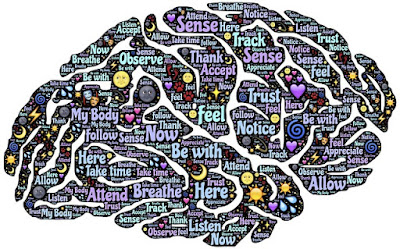"First, do no harm" - transdisciplinarity and responsible software engineering

Transdisciplinary Research for Responsible Software Engineering When we think about professions guided by the principle “First, do no harm,” medicine usually comes to mind. Although the phrase doesn’t actually appear in the Hippocratic Oath, the spirit of it permeates healthcare: a duty to safeguard the wellbeing of the public by maximising the potential benefit and minimising the risk of harm. Software engineering now finds itself facing a similar responsibility. Digital systems shape our safety, our autonomy, our relationships, and our access to opportunity. As software increasingly blends with the physical and social world, the boundaries between the technical and the human become blurred. This means software engineers must grapple with a fundamental ethical question: How do we build technology that maximises benefits while minimising the risk of harm? From Clear Boundaries to Complex Realities Traditional software engineering assumed neat, well‑defined system bound...





